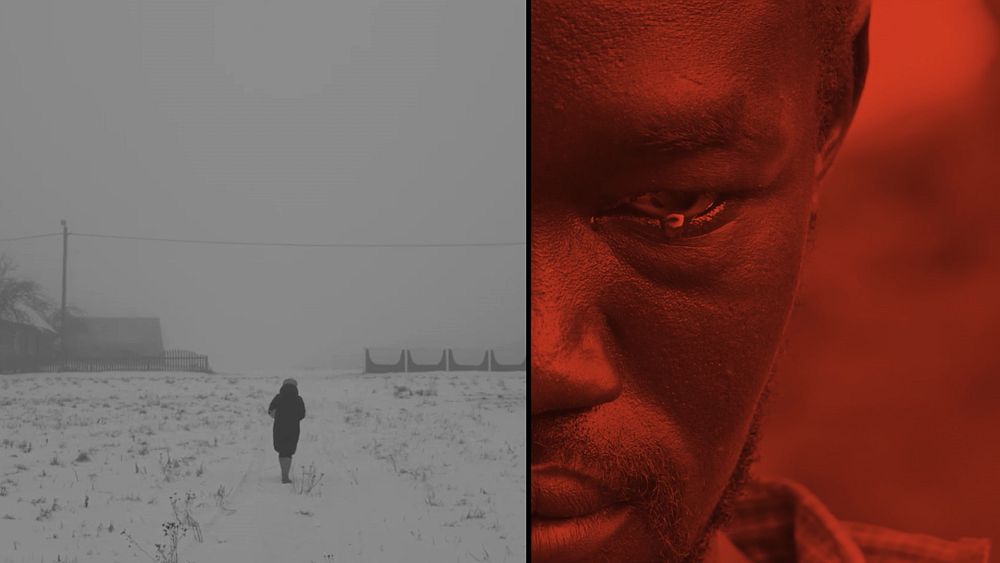
The International Film Festival and Forum on Human Rights (FIFDH), is held annually in March in Geneva, parallel to the main session of the UN Human Rights Council.
However this year, FIFDH coincides with the 75th anniversary of the Universal Declaration of Human Rights of 1948, when countries around the world gathered in the aftermath of World War II, to ensure that its horrors would never be repeated.
This year the Festival has 36 films with 7 world premieres; 21 debates, 10 of which will be live-streamed and expects to host nearly 220 international guests.
Stories of past horrors
“There are 3 axes this year for the festival,” says Irène Challand, director of the FIFDH, “the problems of migrations, nationalisms; the problems of conflicts and wars [and] the problems of global warming. We are really in the middle of a mutation of society, from all points of view: geopolitical, societal, individual.”
One film which touches on issues of war and migration within the fiction competition of the festival is “The Land Within”. It’s a story of a Kosovar migrant in Switzerland who must return to his country to exhume the ghosts of his past and identify his relatives found in a mass grave.
“This kind of story, that is, bodies that are buried and come out of a mass grave, is something that has happened in many places, not only in Europe, but in other continents as well,” says Fisnik Maxville, the director of the film.
Can we negotiate with the “devil”?
Within the context of the continuing war in Ukraine and the humanitarian disaster it has created, the festival didn’t shy away from discussing difficult issues.
Spurred on by the planned screening of ‘We Will Not Fade Away’, a powerful Ukrainian film that follows the fears and dreams of 5 teenagers in Donbas before the Russian invasion, a debate on the legitimacy and effectiveness of an international tribunal to punish the crimes of aggression.
“The question is, what do we do with the one we perceive as the devil? Can we negotiate with him, should we put him behind bars, is it possible to put him behind bars?” notes the jurist and writer Pierre Hazan, who moderated the discussion.
“On the one hand, there’s the opinion that says we can’t talk with Putin because he is responsible for an aggression and these troops commit war crimes and crimes against humanity, and there are others, like the French president, who says that we must talk to him anyway because one day we will have to arrive at some kind of political solution.”
The water jet and the yurt on lake Geneva
Among the special events of the festival, is the screening of the latest film, ‘The Life Before Her’, about a young Afghan migrant, Elaha, who journalist and director Manon Loizeau met in Greece.
It will take place in a yurt on the shores of Lake Geneva.
“We spent more than a year filming her, filming her journey, so it’s a child’s view and it shows I think the resilience of all children, and it portrays growing up on the road,” says Loizeau.
“It’s really a collective film and a message of hope. I believe that this young girl, Elaha Iqbali, is the symbol of all these children who have incredible courage and who pursue their dreams no matter what happens around them.”
Much like other films at the festival, it shows the courage and doubts of ordinary people caught up in extraordinary situations.
FIFDH will continue until Sunday 19 March in Geneva.
